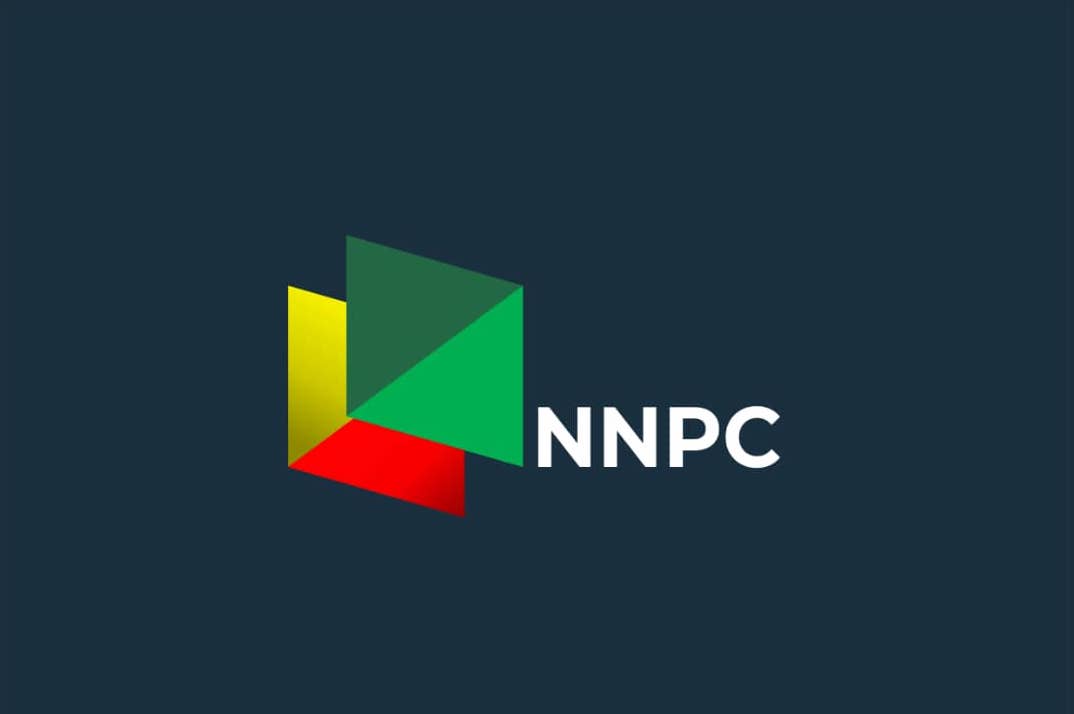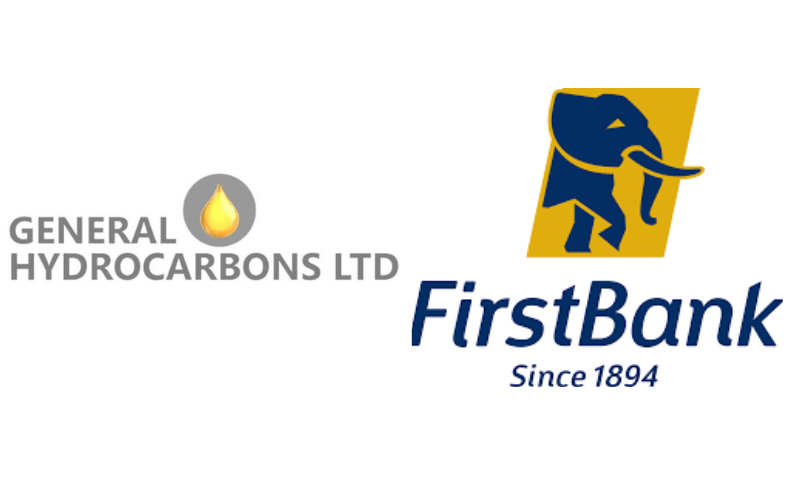
Uncertainty Over Energy Reform
Nigeria’s abrupt suspension of the newly approved 15% fuel import duty has thrown the country’s energy reform agenda into fresh doubt. What was meant to strengthen local refining has instead reignited fears of policy inconsistency and deepened uncertainty across the downstream sector, reports Festus Akanbi
Nigeria has once again reversed course on a policy it had only just embraced, retreating from a decision that was meant to signal a bold new beginning for its troubled downstream petroleum sector.
In a quiet but consequential announcement, the Nigerian Midstream and Downstream Petroleum Regulatory Authority suspended the newly approved 15 per cent ad valorem import duty on petrol and diesel, only three weeks after President Bola Tinubu gave the measure his formal backing.
The reversal has stunned industry stakeholders, unsettled investors, and revived the longstanding debate over why a country that pumps millions of barrels of crude oil daily remains chained to fuel imports. It has also forced Nigerians to confront the deeper question of whether the nation has the political will to pursue the painful reforms required for genuine energy independence.
A Turning Point
When the policy was first approved on 21 October 2025, domestic refiners hailed it as a turning point. For decades, Nigeria has relied on imported petrol and diesel, a dependence that drains scarce foreign exchange and leaves the economy vulnerable to global price shocks. The 15 per cent duty was intended to narrow the price gap between imported fuel and locally refined products.
Conserving Foreign Reserves
The Federal Inland Revenue Service Chairman, Zacch Adedeji, had championed the proposal because imported fuel enjoyed structural cost advantages that made it nearly impossible for domestic refineries to compete. A modest duty, he argued, would encourage local refining, conserve foreign reserves and eventually produce a more resilient energy market.
The approval was greeted with enthusiasm from the Dangote Refinery, the continent’s largest single-train plant, which has been ramping up production and currently supplies tens of millions of litres of petrol and diesel daily. Industry bodies, think tanks and business associations quickly echoed the sentiment, celebrating the duty as a policy correction that aligned Nigeria with the strategic industrialisation paths taken by China, India, South Korea and even the United States.
Opposition figures accused the government of insensitivity and warned that the duty would push petrol prices beyond N1,200. Energy economists cautioned that with imported products still accounting for the majority of national consumption, the duty risked imposing immediate suffering on consumers while leaving local refiners with an unearned windfall.
LCCI Calls for Caution
The Lagos Chamber of Commerce and Industry urged a delay until a reliable naira-for-crude supply system was secured for domestic refiners, arguing that the inability of local plants to obtain crude at competitive rates would undermine the intended benefits of the policy.
For weeks, the duty existed in a state of uncertainty. Though approved, it was never gazetted, and confusion persisted among importers, marketers, and state-owned entities such as the NNPC about when, or even whether, enforcement would begin. The ambiguity created anxiety across the downstream sector, as market participants considered the possibility of price hikes, supply disruptions and renewed hoarding. Then, almost without ceremony, the NMDPRA announced that implementation of the duty was “no longer in view”. It insisted that national fuel supply remained stable and warned marketers against hoarding or panic-driven price increases.
Postponing Pain
The immediate consequence of the suspension is relief for consumers, transporters and manufacturers who feared yet another escalation in fuel prices. By keeping imported fuel cheaper than it would have been under the duty regime, the government has postponed the pain that many Nigerians braced for. For businesses already struggling with high logistics costs, currency volatility and shrinking purchasing power, the suspension offers temporary breathing space. Importers and marketers are also satisfied, as the removal of the proposed duty allows them to continue sourcing fuel at competitive international rates without additional levies.
The fallout for domestic refiners, however, is far more severe. The Dangote Refinery, which was built at a cost exceeding $20 billion, had counted on a more level competitive field to justify its massive investment. Without the duty, imported products, often backed by cheaper European credit, favourable shipping arrangements or transfer-pricing practices that artificially lower their landing cost, will continue to undercut locally refined fuel. Modular refineries, which were counting on a period of protection to scale operations or reach financial closure, feel particularly exposed. Many of these smaller plants were struggling even before the suspension, challenged by inconsistent feedstock supplies, inadequate financing and an unpredictable regulatory environment. For them, the suspension is more than an inconvenience; it is potentially an existential threat.
CPPE Expresses Reservation
The Centre for the Promotion of Private Enterprise wasted no time condemning the reversal. Its chief executive, Dr. Muda Yusuf, described the suspension as a blow to industrial development and warned that investor confidence in the refining sector may suffer lasting damage. According to him, abandoning the duty without establishing a competitive crude supply arrangement creates a lop-sided market in which imported fuel dominates and domestic production atrophies. He argued that until Nigeria can guarantee transparent and affordable crude supply for local refiners, any attempt to build a self-sustaining refining industry will be undermined by policy hesitation.
The saga has revealed long-standing structural weaknesses that continue to obstruct Nigeria’s refining ambitions. Chief among these is the persistent failure to establish a reliable domestic crude supply framework. Despite provisions in the Petroleum Industry Act mandating a domestic supply obligation, refiners still obtain most of their crude in dollars and at international market prices. A naira-based supply scheme exists in theory but remains opaque, inconsistently applied and limited in scale.
As long as local refiners are forced to buy crude at rates comparable to international buyers, their ability to compete with cheaper imports will remain compromised. This challenge precedes the current administration and has crippled multiple attempts to revive Nigeria’s refining sector.
The second fault-line is regulatory inconsistency. Nigeria has a long history of announcing ambitious policies only to reverse them at the slightest political pressure. Investors who watched the duty rise and fall within three weeks are acutely aware of this tendency and may hesitate to commit further capital in an environment where government policy is unpredictable. This inconsistency is especially damaging for modular refineries, many of which rely heavily on long-term financing arrangements that require policy stability to remain viable.
A third challenge is the entrenched power of fuel import interests. The fuel import ecosystem is large, politically connected, and lucrative, and any policy that threatens to reduce import volumes faces strong resistance. Although the government has repeatedly expressed a desire to encourage domestic refining, the influence of import-dependent networks remains potent and often shapes policy outcomes behind the scenes.
Above these factors lies the unavoidable political reality: Nigerians are exhausted, financially strained and increasingly resistant to policies that raise the cost of living. The administration’s decision to suspend the duty appears driven in part by fear of social unrest and the political difficulty of convincing citizens, many of whom already feel betrayed by the fuel subsidy removal of May 2023, that yet another price hike is necessary for long-term national gain.
While presidency officials insist that the duty has been deferred rather than abandoned, and hint that a technical committee is working on compromise options such as phased tariffs or reduced rates coupled with guaranteed naira-denominated crude supply, confidence remains low. Investors have seen too many committees, reports, and announcements collapse into inaction. Nigeria’s refining policy has been trapped in this announcement-and-retreat cycle for decades, and many believe the suspension of the duty is yet another example.
The suspension, though politically expedient, is economically costly. It preserves the status quo in which Nigeria, one of Africa’s largest oil producers, continues to rely heavily on foreign refiners. It ensures that billions of dollars in scarce foreign exchange will continue to flow out of the country annually to pay for imported goods. It delays the growth of domestic capacity and weakens the financial viability of local refining projects. Yet it is equally valid to argue that imposing the full duty without first addressing crude supply challenges would have burdened citizens and rewarded only a small group of producers. The government was trapped between two unappealing choices and chose the path of least immediate political pain.
The logical path forward requires careful sequencing rather than abrupt policy swings. Nigeria must first establish transparent, enforceable and accessible crude supply agreements for domestic refiners. Only after local plants can obtain crude at predictable and competitive terms should the government introduce gradual protection that encourages domestic production without imposing a sudden shock on consumers. Anything less risks creating a policy landscape driven by pressure rather than planning.




